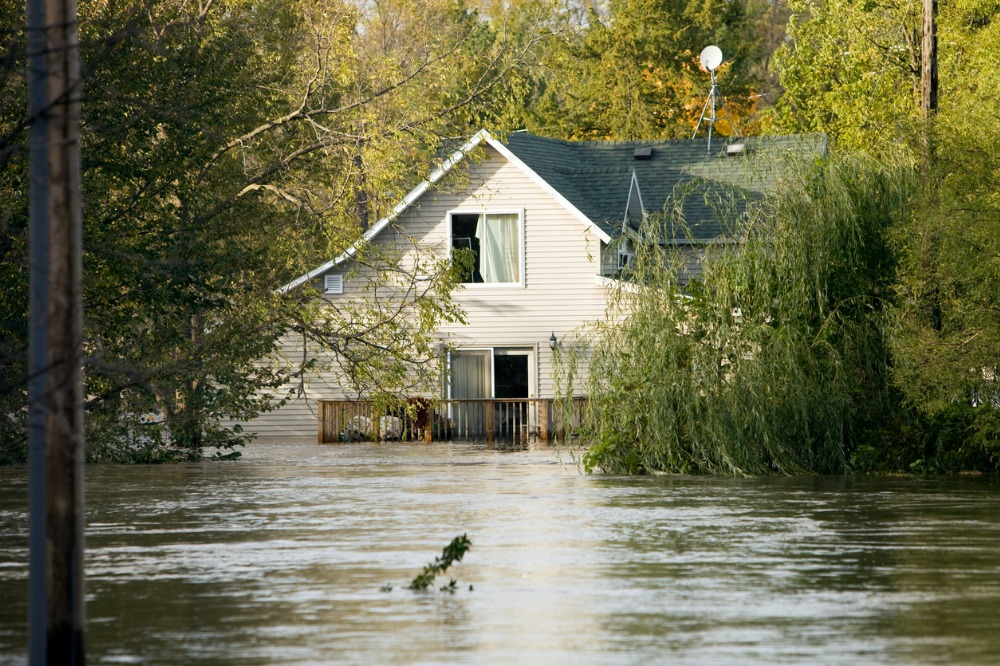Munich Re gives verdict on rebuilding in flood areas

Munich Re gives verdict on rebuilding in flood areas | Insurance Business Australia
Reinsurance
Munich Re gives verdict on rebuilding in flood areas
Idea to build in high-risk areas deemed nonsensical
Reinsurance
By
Kenneth Araullo
Munich Re’s top climate scientist has voiced a controversial stance on the reconstruction of settlements devastated by floods, particularly pointing to the Ahr valley in Germany, which in 2021 faced €40 billion in flood damages.
In an interview with Tagesspiegel (translated by Clean Energy Wire), chief climate and geo scientist Ernst Rauch said that rebuilding in such high-risk areas from a “pure, sober risk management perspective” is questionable.
“It doesn’t make much sense to build exactly where you have these large losses, because such an event can be expected again,” Rauch said.
Rauch criticized the ongoing construction in flood-prone areas like the Ahr valley, attributing it to both a lack of awareness and transparency from those who stand to benefit. He warned that the escalation in the risk of damage from such natural disasters would inevitably lead to higher insurance premiums for property owners.
In an interview with Insurance Business last year, the climate scientist highlighted the improvement of resilience as one of the better ways to deal with climate risks.
“The most urgent lever is to start improving resilience,” Rauch said. “It begins with teaching risk awareness in schools and making valuable information about natural disasters available and transparent to the broader public, across all levels of society.”
Germany’s climate challenges
As climate change progresses, Germany is expected to experience increased rainfall due to the atmosphere’s enhanced capacity to retain moisture, leading to more frequent and severe flooding. This scenario has prompted the German insurance industry to caution that residential building insurance premiums could potentially double in the next decade, driven by the escalating cost of damages linked to climate effects.
In response to these challenges, the industry is advocating for significant reforms in building and planning regulations to incorporate the impact of climate change. There is a call for legislation to mandate “climate-adapted construction” to mitigate future risks effectively.
Despite these risks, it was reported by the association of German insurers that just over half of the country’s households, 52%, have some form of natural hazard insurance, highlighting a significant gap in protection against such disasters.
What are your thoughts on this story? Please feel free to share your comments below.
Keep up with the latest news and events
Join our mailing list, it’s free!






